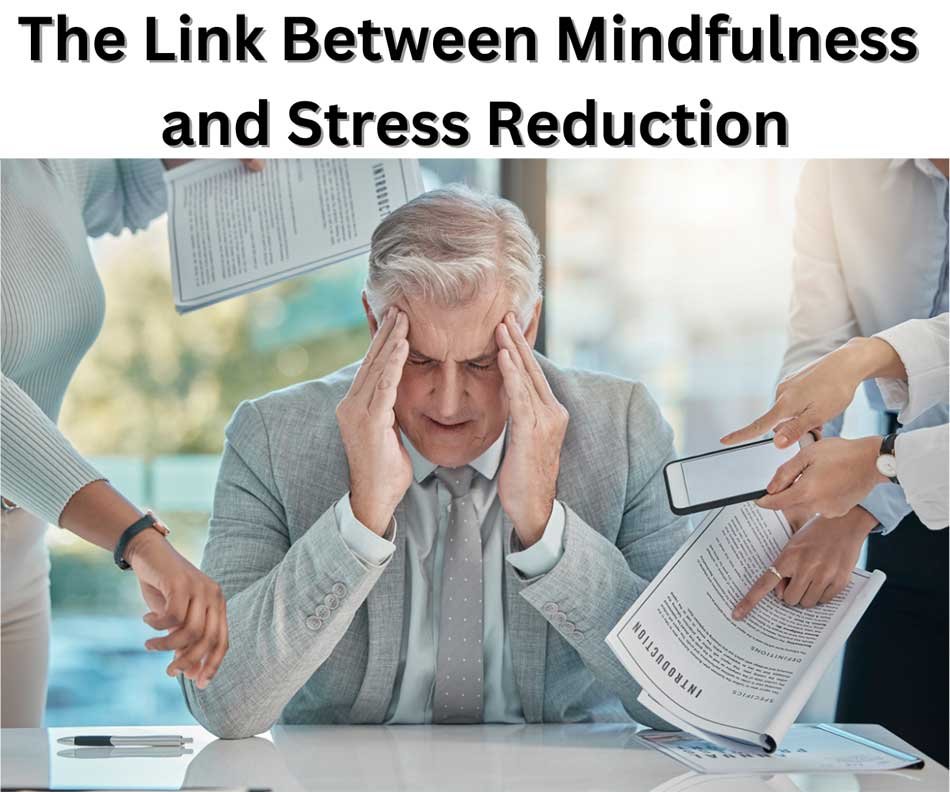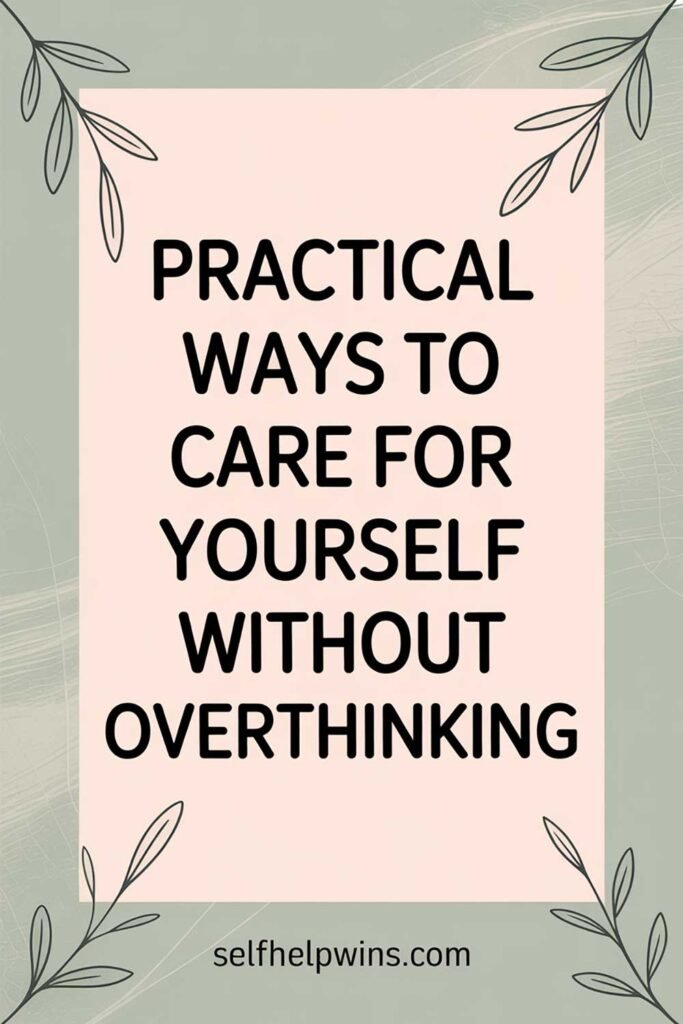
If you know someone who could benefit from this article, please share it with them. Understanding the link between mindfulness and stress reduction can transform their ability to manage challenges and find balance.
The Link Between Mindfulness and Stress Reduction
What Is Mindfulness?
Mindfulness is the practice of being fully present and engaged in the moment, without judgment. It involves paying attention to your thoughts, emotions, and physical sensations, helping you respond to life’s challenges with clarity and calmness.

Core Elements of Mindfulness
- Awareness: Observing your internal and external experiences as they occur.
- Non-Judgment: Accepting your thoughts and feelings without labeling them as good or bad.
- Intentional Focus: Directing your attention purposefully, rather than letting your mind wander.
How Mindfulness Reduces Stress
1. Decreases the Stress Response
Mindfulness helps calm the body’s fight-or-flight response, which is activated during stress. By engaging the parasympathetic nervous system, mindfulness promotes relaxation.
- Example: Practicing deep breathing slows your heart rate and reduces cortisol levels.
2. Improves Emotional Regulation
Mindfulness enhances your ability to manage emotions, helping you respond thoughtfully instead of reacting impulsively.
- Benefit: Reduced feelings of overwhelm and increased emotional resilience.
3. Enhances Focus and Clarity
By training your attention, mindfulness minimizes the mental clutter caused by stress.
- Example: Mindful awareness can help you prioritize tasks more effectively, reducing feelings of chaos.
4. Increases Self-Awareness
Mindfulness fosters a deeper understanding of your thoughts and behaviors, allowing you to identify stress triggers and address them proactively.
- Benefit: Greater control over stress-inducing habits or situations.
5. Promotes Acceptance
Mindfulness teaches acceptance of life’s uncertainties, reducing the anxiety that stems from trying to control everything.
- Example: Learning to sit with discomfort instead of resisting it helps stress dissipate more quickly.
Mindfulness Practices for Stress Reduction
1. Mindful Breathing
Focus on your breath to anchor yourself in the present moment.
- How to Practice:
- Inhale deeply for a count of four.
- Hold your breath for four counts.
- Exhale slowly for six counts.
- Repeat for 2-5 minutes.
2. Body Scan Meditation
Tune into physical sensations to release tension and promote relaxation.
- Steps:
- Lie down or sit comfortably.
- Slowly bring your attention to each part of your body, starting at your toes and moving upward.
- Notice any areas of tightness and consciously relax them.
3. Mindful Observation
Engage your senses to fully experience your surroundings.
- Activity: Spend a few moments observing a natural object, such as a flower or a tree, noting its color, texture, and shape.
4. Loving-Kindness Meditation
Cultivate positive emotions by focusing on compassion and kindness for yourself and others.
- Mantra: Repeat phrases like, “May I be happy. May I be healthy. May I be at peace.” Extend these wishes to others.
5. Journaling
Reflect on your thoughts and feelings in writing to gain clarity and process emotions.
- Prompt Idea: What is causing me stress today, and how can I approach it mindfully?
Benefits of Mindfulness for Long-Term Stress Reduction
- Enhanced Resilience: Regular practice builds mental and emotional strength.
- Improved Physical Health: Reduced stress lowers blood pressure and boosts immunity.
- Greater Emotional Balance: Mindfulness fosters a calm, stable mindset.
- Increased Productivity: Better focus and clarity improve task management.
Tips for Incorporating Mindfulness Into Daily Life
- Start Small: Dedicate 5-10 minutes a day to mindfulness practices.
- Use Reminders: Set alarms or place sticky notes as cues to practice mindfulness.
- Be Patient: Like any skill, mindfulness takes time and consistency to develop.
- Practice Anywhere: Bring mindfulness into everyday activities, such as eating, walking, or washing dishes.
Picture This
Imagine navigating life with calm and clarity. Stressful situations no longer overwhelm you because you’ve cultivated the tools to stay grounded and focused. Through mindfulness, you find balance and resilience, facing challenges with confidence. What mindfulness practice will you start today to reduce stress?






